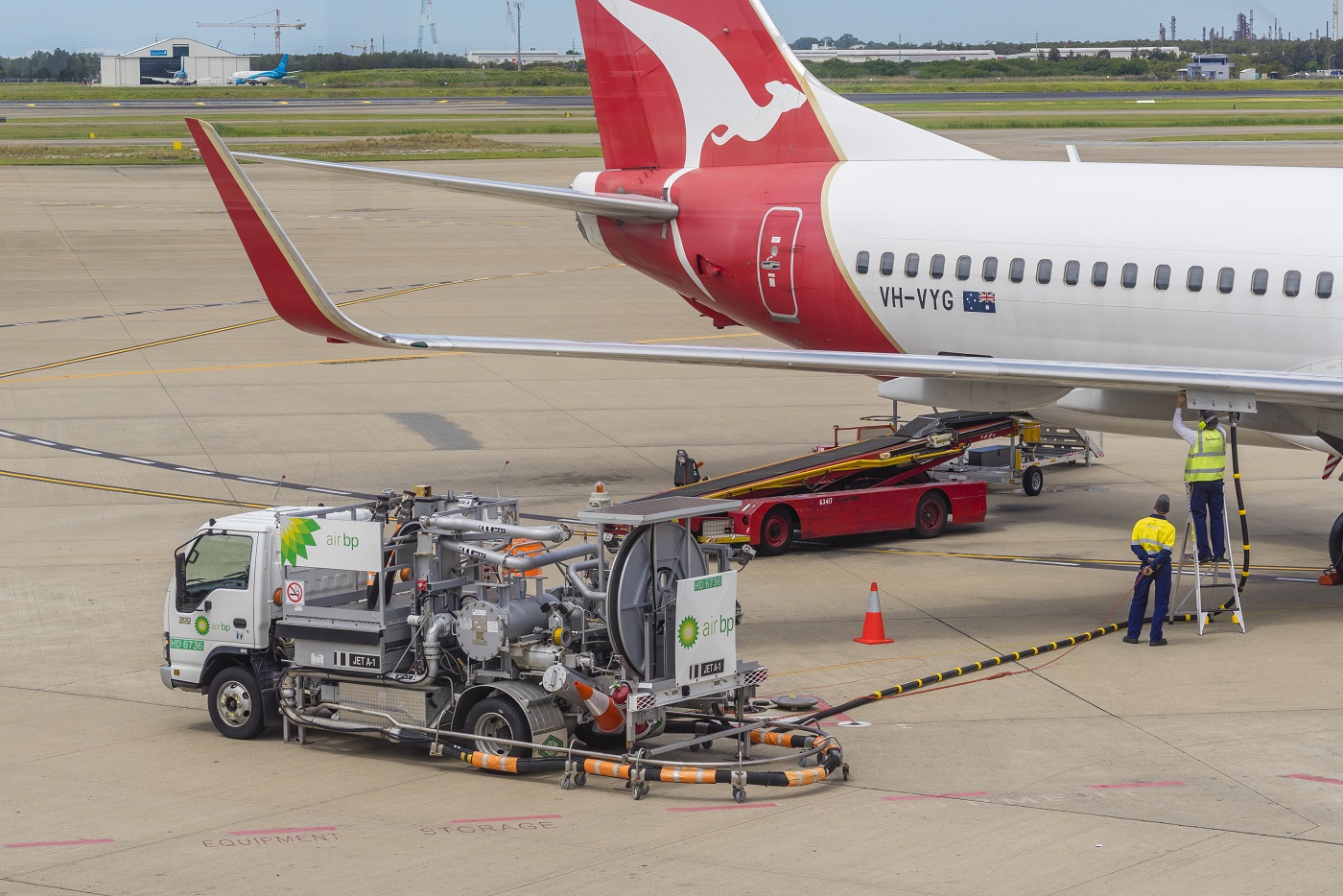The Fair Work Legislative Amendment (Closing Loopholes) Bill 2023 has been split, with the first part of the Bill passing the Senate this afternoon. The remaining section that passed through the House of Representatives last week will proceed to the Senate in early 2024. To assist employers prepare for the proposed changes to the Fair Work Act 2009 (Cth) (‘the Act’) Holman Webb has highlighted the key amendments (from a total of over 80 proposed changes), which will likely have the greatest impact.
- WHAT WE DO
- Banking & Finance
- Business, Corporate & Commercial
- Commercial Recovery
- Dispute Resolution
- Food Law
- Foreign Investment & Migration
- Franchising & Retail
- Government
- Health Aged Care & Life Sciences
- Insolvency and Restructuring
- Insurance
- Intellectual Property Protection
- Wills & Estate Planning
- Property
- Technology Law
- Third Sector: NFP & Social Enterprise
- Workplace Relations





![How workers can avoid statutory limits on damages: Employers have real risks of uncapped damages, but SIRA/ICARE policies may still respond (Leggett v Hawkesbury Race Club Limited (No 4) [2022] FCA 622)](/upload/holman-webb-lawyers/shutterstock152737355-workplace-bullying.jpg)
![Case Note Update: Qantas Airways Limited v Transport Workers’ Union Australia [2022] FCAFC 71](/upload/holman-webb-lawyers/shutterstock503348581-1-1.jpg)
